What Is a Para-Alcoholic and How Do You Spot One?
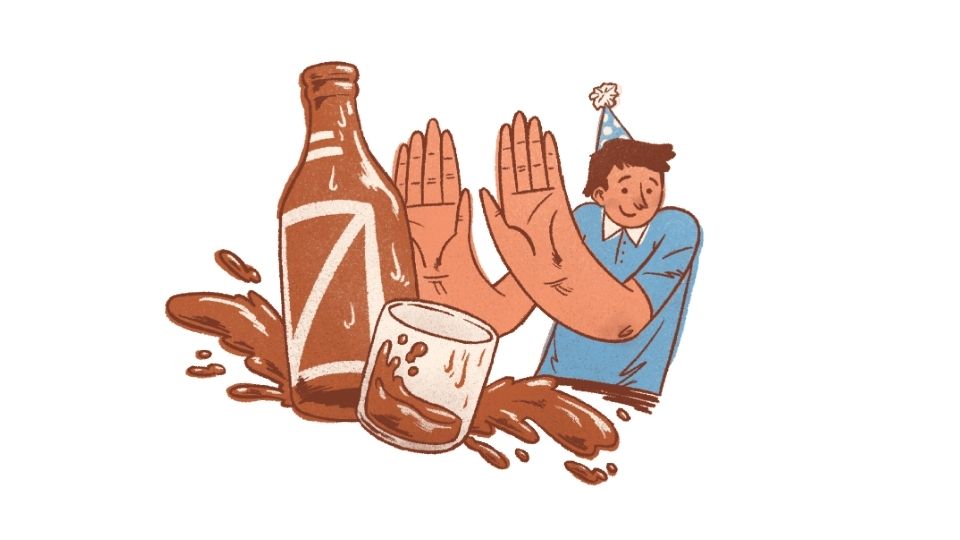
Ever heard of a para alcoholic? It’s not what you think.
While most of us know what an alcoholic is, the concept of para alcoholism is less familiar but affects millions of people worldwide.
Here’s the deal: a para alcoholic isn’t someone who struggles with alcohol themselves. Instead, they’re someone who’s life has been deeply affected by another person’s drinking.
They’re the emotional collateral damage of someone else’s addiction.
And if you’ve ever lived with, loved, or grown up around an alcoholic, you might be nodding your head right now.
Let’s dive into what this really means, how to spot it, and what to do about it. (With a healthy dose of my opinion sprinkled on top.)
Para Alcoholism: When Someone Else’s Drinking Problem Becomes Your Problem
What exactly is a para alcoholic?
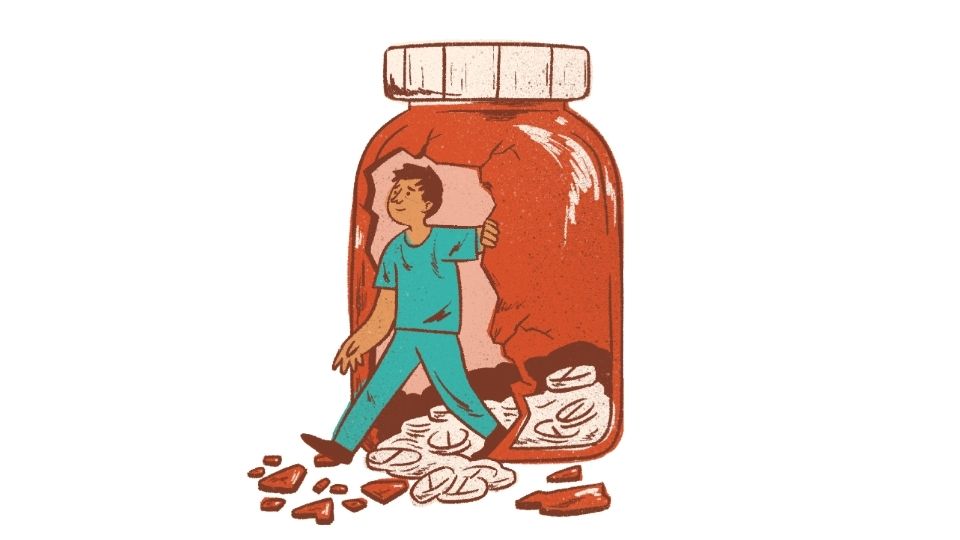
A para alcoholic is someone who doesn’t necessarily drink too much themselves but has adopted many of the same psychological patterns and behaviors as alcoholics.
The “para” part means “beside” or “alongside” – they’re living parallel to alcoholism without actually having the substance dependency.
Think of it like this:
- An alcoholic has a physiological and psychological dependency on alcohol
- A para alcoholic has a psychological and emotional entanglement with an alcoholic’s behavior
Para alcoholics often end up as professional crisis managers – constantly putting out fires caused by the alcoholic in their life. They might be constantly anxious, controlling, in denial, or enabling bad behavior.
Sound familiar?
Alcoholism vs. Para Alcoholism: What’s the difference?
Let’s break down the key differences:
Alcoholism
Alcoholism (officially called alcohol use disorder or AUD) is a medical condition where someone can’t control their drinking despite negative consequences. It involves:
- Physical cravings for alcohol
- Withdrawal symptoms when not drinking
- Building tolerance (needing more to get the same effect)
- Continuing to drink despite obvious harms
People with AUD need medical intervention, often including detox and comprehensive treatment. Their primary relationship is with alcohol itself.
Para Alcoholism
Para alcoholism, on the other hand, is an emotional and behavioral response to living with or caring about an alcoholic. Para alcoholics:
- Don’t necessarily drink themselves
- React to the alcoholic’s behavior rather than the substance
- Develop unhealthy coping mechanisms
- May enable the alcoholic’s drinking
- Often experience significant anxiety and control issues
Their primary relationship isn’t with alcohol – it’s with the alcoholic and the chaos they create.
5 Signs You Might Be a Para Alcoholic
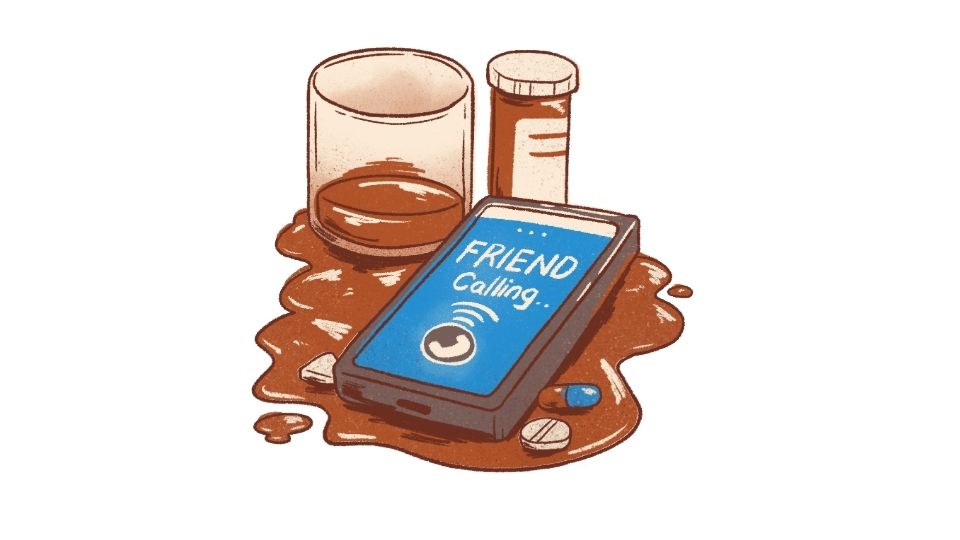
How do you know if you’re a para alcoholic? Here are some common characteristics:
You’re constantly in reaction mode
Instead of living your own life, you’re always responding to crises, mood swings, or problems caused by someone else’s drinking.You’ve become the ultimate caretaker and enabler
You clean up messes (literal and figurative), make excuses, cover for them at work, and generally try to “fix” everything.You’re the master of denial
“It’s not that bad,” “They just had a rough day,” “They’ll stop soon.” Sound familiar?You need control like you need oxygen
When everything feels chaotic due to someone’s unpredictable drinking, controlling whatever you can becomes a survival mechanism.Your emotional health is suffering
Even without drinking problems yourself, you may experience depression, anxiety, chronic stress, and difficulty with healthy boundaries.
Para alcoholics can suffer just as much psychological damage as the drinker – but often don’t get the same support or recognition.
Why Understanding Para Alcoholism Matters
This concept is important because it helps us understand that alcoholism affects entire families and social networks, not just the person drinking.
When we recognize para alcoholism, we can:
- Get appropriate help for everyone affected
- Stop the cycle of dysfunction
- Understand why certain behaviors persist even when drinking stops
- Develop healthier relationship patterns
Without addressing para alcoholic behaviors, the harmful patterns often continue even if the alcoholic gets sober. Or worse, they can be passed down to the next generation.
Para Alcoholism vs. Types of Alcoholism
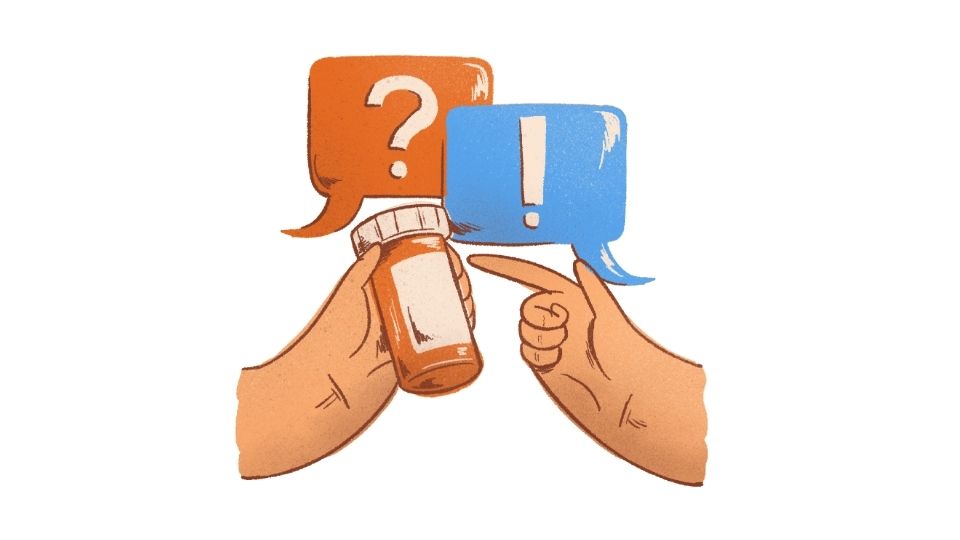
While para alcoholism isn’t technically a “type” of alcoholism, it’s helpful to understand how it relates to different drinking patterns.
Some research categorizes alcoholics into different types – like functional alcoholics who maintain their jobs and social lives while drinking heavily, or alpha alcoholics who drink for emotional relief.
Para alcoholics don’t fit into these categories because they don’t have the alcohol dependency – but they’re caught in the same emotional storm.
The key difference: alcoholics seek relief in alcohol, para alcoholics seek relief in controlling their environment (or the alcoholic).
The Real-World Impact of Para Alcoholism
Here’s where it gets real. Para alcoholism isn’t just some psychological concept – it has serious consequences:
- Mental health issues: Anxiety, depression, PTSD, and chronic stress are common
- Relationship problems: Difficulty trusting others, fear of abandonment, codependency
- Physical health effects: Stress-related illnesses like high blood pressure, digestive problems, and immune system suppression
And perhaps most concerning is that para alcoholic behaviors can be passed down through generations, even if the drinking doesn’t continue.
Children who grow up in alcoholic homes often become para alcoholic adults – continuing the patterns of control, denial, and enabling even in relationships where alcohol isn’t an issue.
Getting Help: What Works for Para Alcoholics
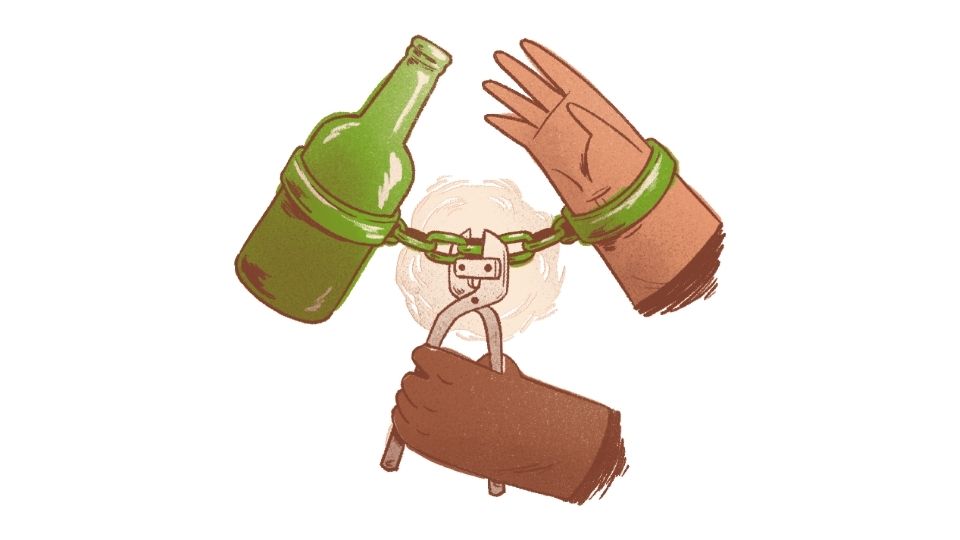
If you’re reading this and thinking “this sounds like me,” there’s good news: there’s plenty of help available.
Unlike alcoholism, which often requires medical detox and abstinence-based treatment, para alcoholism is treated primarily through therapy and support groups:
- Al-Anon and Adult Children of Alcoholics: Support groups specifically for people affected by someone else’s drinking
- Therapy: Especially cognitive-behavioral therapy and trauma-focused approaches
- Boundary setting: Learning to separate yourself from the alcoholic’s behaviors
- Self-care practices: Rebuilding your own identity and interests
The focus isn’t on giving up substances – it’s on giving up unhealthy patterns and reclaiming your life.
The Bottom Line: You’re Not Alone
Para alcoholism affects millions of people worldwide. In fact, for every person with an alcohol use disorder, there are typically 4-5 people directly affected by their drinking.
That means there are likely more para alcoholics than alcoholics in the world.
Understanding this concept gives us a better framework for helping everyone affected by alcohol problems, not just those who drink.
If you recognize yourself in this article, remember that the behaviors you’ve developed were survival mechanisms. They helped you cope in a difficult situation. But now that you’re aware of them, you can choose healthier patterns.
The first step is simply recognizing that someone else’s drinking problem doesn’t have to define your life.
And that’s something worth raising a (non-alcoholic) glass to.

